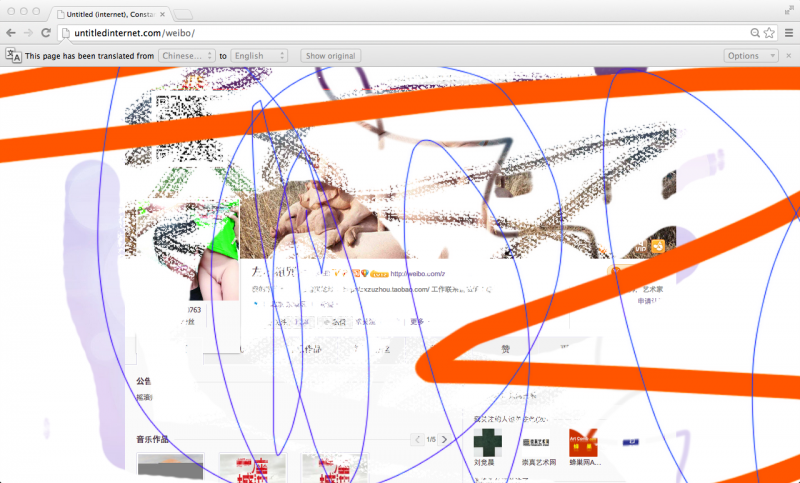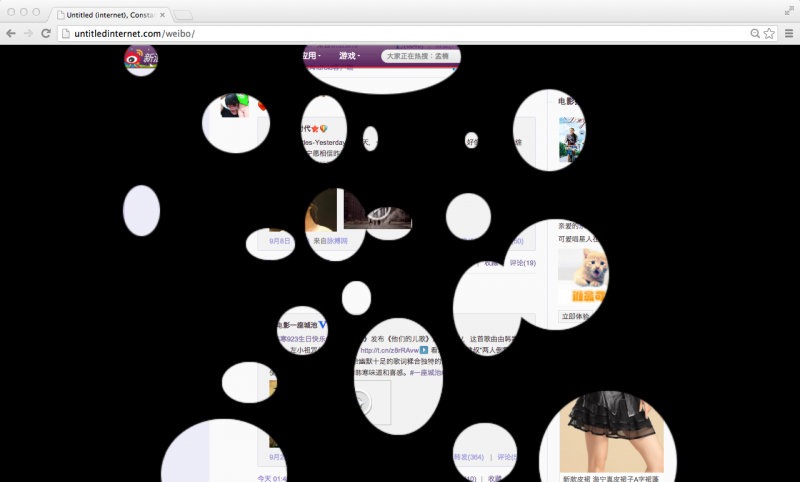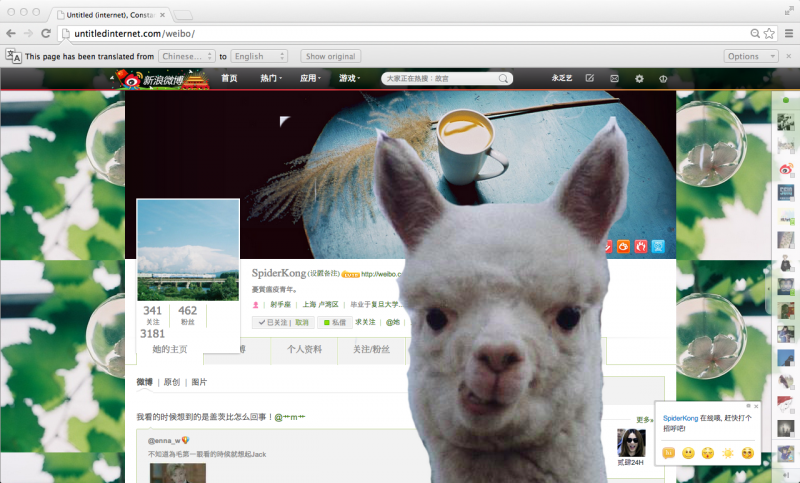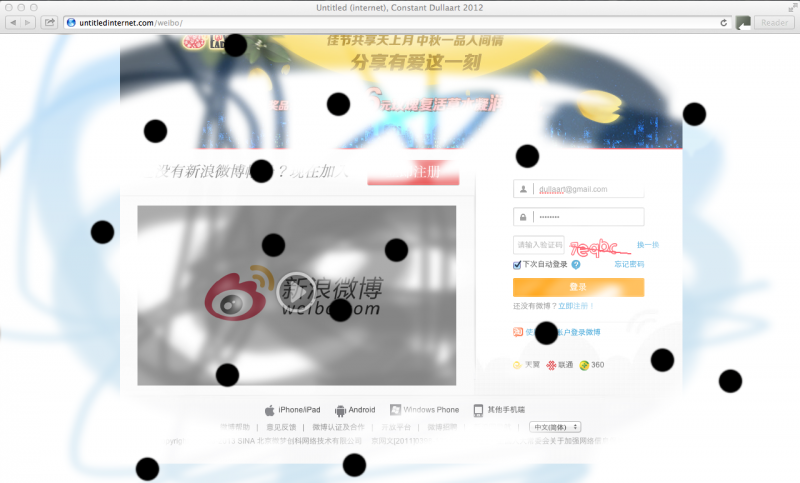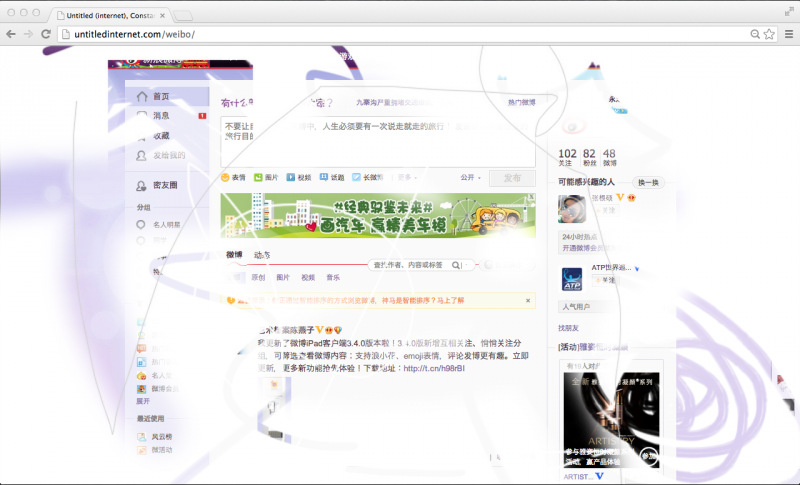In China, Facebook is called Weibo and Whatsapp is named Baidu. Google is Baidu and Youtube Youku. They're all the same, but very different. As much as China seems to be a world on its own with its distinct worldview, their version of the internet also happens to be completely different. It's like looking at reality through a completely different type of window. Wikipedia doesn't function over there and you can't reach (our) Facebook either. The replacing websites work in about the same way, the differences are subtle but crucial. Weibo makes you login with your Chinese ID number. 'Dissonant' posts are not appreciated and you receive virtual medals when you report violations to the site's moderators. Since recently, a post about a politician can land you in jail once it's been shared more than five hundred times. But there's a solution. After paying a fee, you can use a 'virtual private network' that allows you to use the internet as if you are using it from a different country. That way you can enter still Facebook, because foreigners can't use many of Weibo's services.
Thanks to whistle blower Edward Snowden we know by now that American web services keep track of who posts what, just like China does. And that seems to be the best tactic, keeping an eye on people's online activity, as we've seen during the Arab spring. You can say whatever you want, but it's being monitored and it can be used against you anytime later. I created a Weibo account using an adjusted Chinese ID. After applying an auto translation I gazed at the internet through that other window. This constantly changing view on the online landscape demands for a critical eye and for new art works regarding this landscape. It's good to see as much as possible and to be on the look out for any beautiful landscapes.
http://www.bustle.com/articles/5443-china-teen-weibo-user-detained-for-post-as-communist-partys-web-censorship-cracks-down
http://www.constantdullaart.com/youkube.png
YouKu / YouTube, Constant Dullaart 2012, online video.

